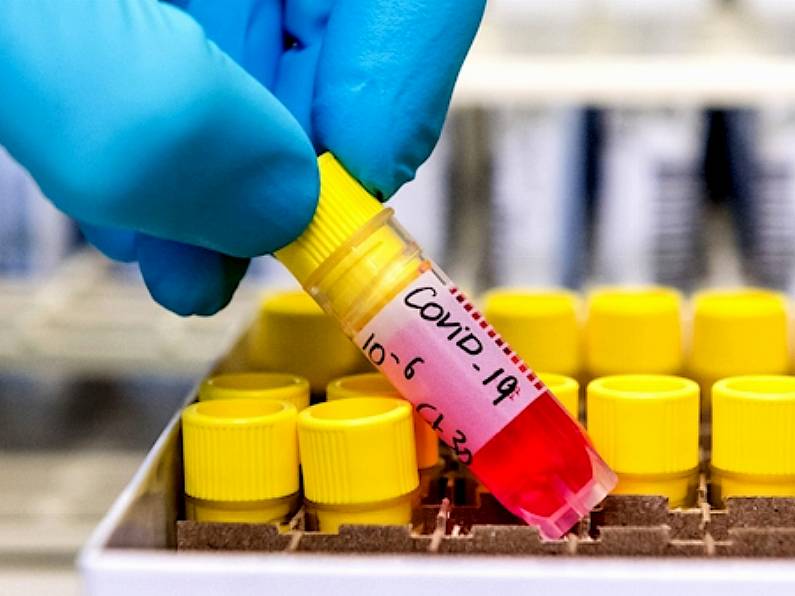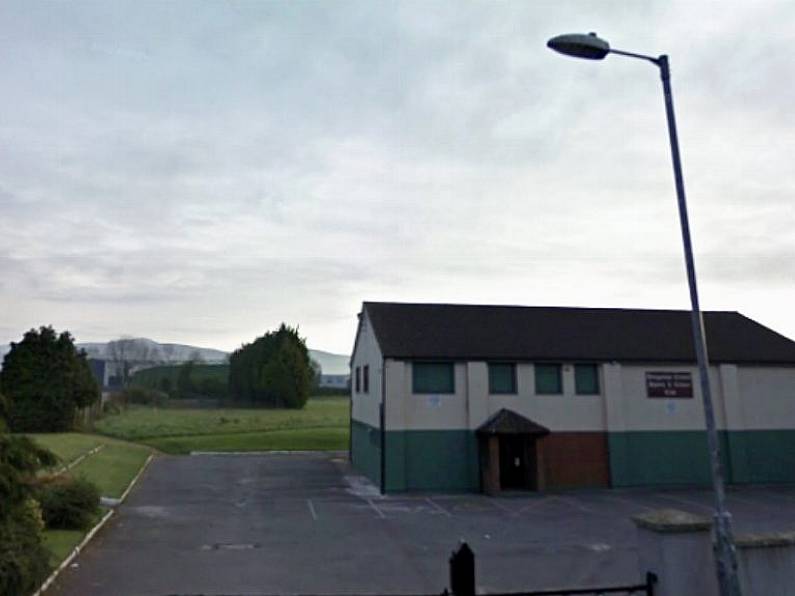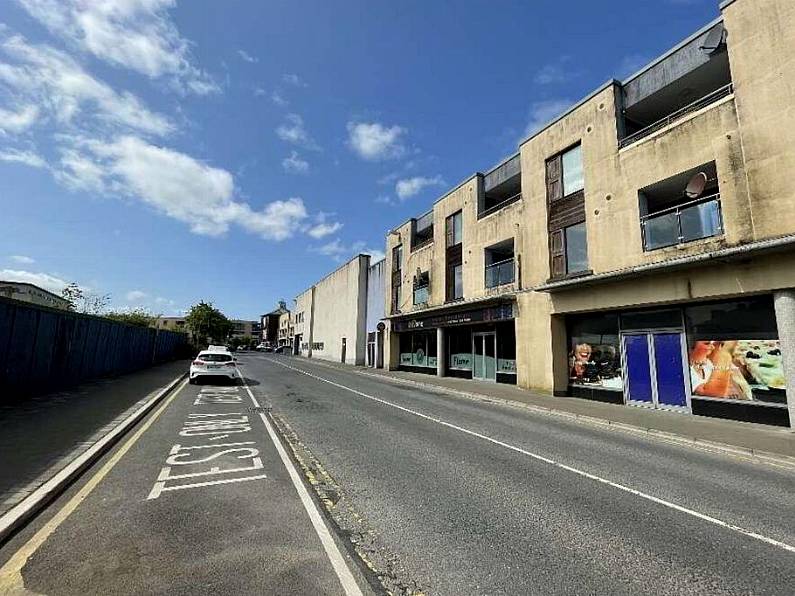A new safety protocol has been agreed, to try to stop the growing number of Covid-19 cases in meat processing plants.
Siptu and Meat Industry Ireland have both signed up to the national charter, this afternoon.
It will include maintaining serial testing of staff, ongoing screening, temperature testing and strict hygiene controls.
Mass testing of staff is taking place at a meat factory outside Waterford city today.
380 staff members at Dawn Meats in Grannagh are undergoing Covid-19 testing due an outbreak at the beef plant.
Minister of State and Waterford TD Mary Butler said she has been in touch with the HSE and the Health Minister about the cluster, which involves at least 28 cases. Deputy Butler said the Minister had been assured that all the relevant public health agencies, the Health and Safety Authority and the HSE were involved:
"They have been working with the plant for the past 9-10 days...the workers in all three plants, Dawn Pork and Bacon, Dawn Beef and the office section, they were all tested last Thursday and all workers on site are being tested today aswell".
The Waterford TD said all the workers should be kept fully informed of what's happening and appealed for management to clarify questions around deep cleaning procedures.
"Perfect Vectors"
Greg Ennis from trade union SIPTU who attended today's meeting said the situation in meat plants nationally was serious with ten percent of the workforce now affected by Covid-19.
"There are 1,600 cases within the meat industry out of a workforce of 15,000..it's growing we have over 40 clusters now confirmed within the meat plants over the last number of months, and we have been raising concerns about this since April"
Mr Ennis said meat plants were "the perfect vectors" for transmission of the virus, due in large part to socio-economic conditions:
"It has the noise pollution where people are forced to shout to communicate those droplets are then spread through the industrial air cooling systems within the meat plants , bottlenecks in canteen and toilet facilities. And then you have the terms and conditions of the workers which are relatively poor because 9 out of 10 workers don't have sick pay, for example...pay is just above miminum wage, so that forces workers to carpool to share accommodation and to share rooms within that accommodation".














